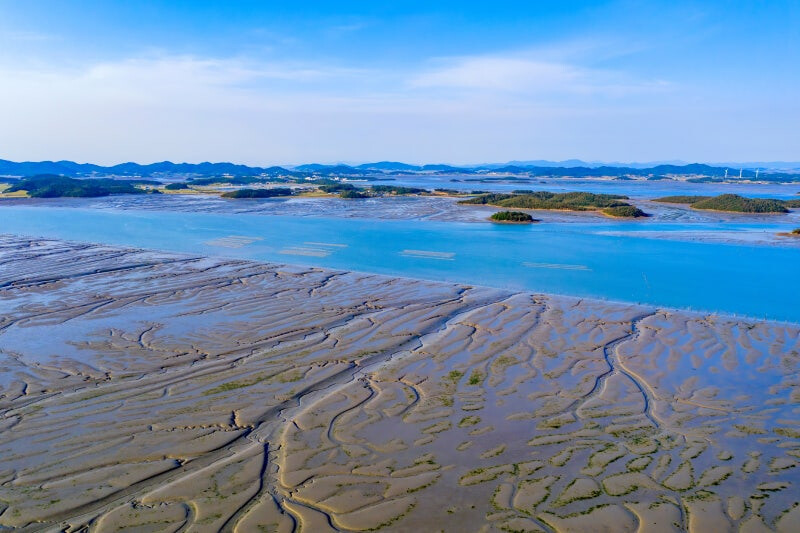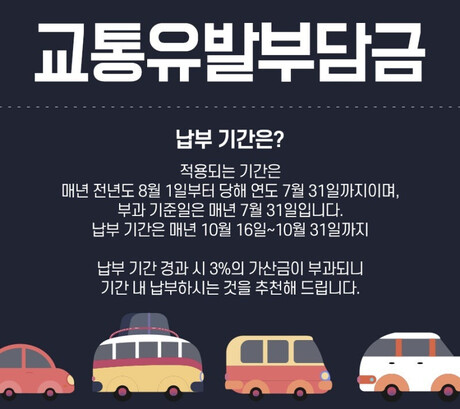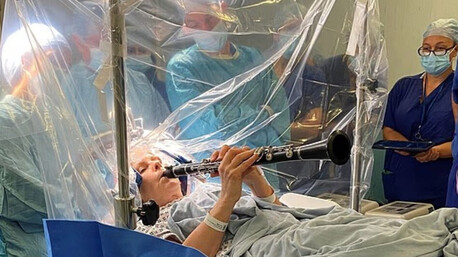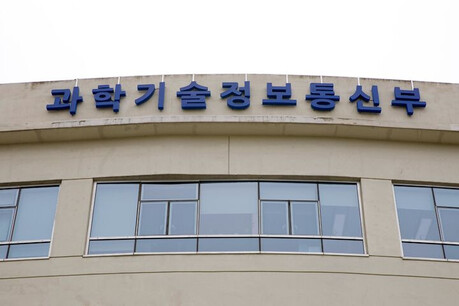
Chungnam Province, South Korea – Chungcheongnam-do Province is making a strong push to have four newly identified tidal flat ecosystem restoration projects, totaling an estimated 47 billion KRW (approximately $35 million USD), included in the South Korean government's national plan. The province is actively engaging with the Ministry of Oceans and Fisheries (MOF) to ensure these initiatives are incorporated into the upcoming 'Second Basic Plan on the Management and Restoration of Tidal Flats, etc. (2026-2030),' a crucial five-year roadmap for the nation's tidal flat management.
The MOF is mandated to establish a comprehensive basic plan for tidal flats and their surrounding areas every five years under the 'Act on the Sustainable Management and Restoration of Tidal Flats and Their Surrounding Areas.' The second iteration of this plan, covering the period from 2026 to 2030, is slated for finalization within the current year.
In preparation for this, Chungnam Province convened a meeting on March 12th, bringing together representatives from seven of its cities and counties, along with the Korea Marine Environment Management Corporation (KOEM). This collaborative effort was followed by thorough demand assessments and on-site inspections, culminating in the selection of four key project locations:
Ojiri, Seosan: A 15 billion KRW (approx. $11 million USD) project focused on seawater exchange. The plan involves the removal of a 430-meter-long seawall to restore the natural flow of seawater to previously degraded tidal flat areas. This approach aims to revitalize the ecosystem by re-establishing hydrological connectivity.
Yubudo 2nd District, Seocheon: Allocated 15 billion KRW (approx. $11 million USD), this project combines seawater exchange and migratory bird habitat restoration. The initiative includes the installation of ten seawater exchange channels to improve water circulation and enhance biodiversity. Additionally, the creation of suitable resting areas for migratory birds is a key objective, aiming to boost local avian populations. Yubudo is a significant stopover site for numerous migratory bird species along the East Asian-Australasian Flyway.
Cheonsuman, Hongseong: With a budget of 10 billion KRW (approx. $7.4 million USD), this project focuses on functional improvement. Plans include the establishment of halophyte (salt-tolerant plant) communities, which play a vital role in the tidal flat ecosystem by providing habitat and stabilizing sediments. The project also entails the removal of a traditional "doksals" (stone weir) experience site, likely to further natural ecological processes.
Hagampo, Taean: A 7 billion KRW (approx. $5.2 million USD) investment will support a seawater exchange project. The primary goals are to even out the tidal flat elevation and improve the sediment environment through enhanced seawater flow. This is expected to lead to an increase in local marine biodiversity and overall ecosystem health.
The province officially submitted these four project proposals to the Ministry of Oceans and Fisheries on March 31st. Provincial authorities are now prioritizing close collaboration with the MOF to advocate for their inclusion in the final version of the 'Second Basic Plan,' expected by the end of 2025.
This new endeavor builds upon Chungnam Province's ongoing commitment to tidal flat restoration. Between 2016 and 2026, the province has been undertaking ten tidal flat ecosystem restoration projects with a total investment of 102.11 billion KRW (approx. $75.6 million USD). Several of these projects have already been successfully completed, including ecological foundation creation in Geunso Bay (Taean), seawater exchange infrastructure in Yubudo (Seocheon) and Gopado (Seosan), and the removal of a causeway in Muchangpo (Boryeong).
Currently, six other significant restoration projects are in progress across the province, focusing on seawater exchange, habitat creation, and infrastructure improvements in areas such as Ungdo and Garorim Bay (Seosan), Geunso Bay (Taean), and Jukdo, Wonsando, and Seondo-ri (Boryeong and Seocheon).
Jeon Sang-wook, Director of Chungnam Province's Marine and Fisheries Bureau, expressed optimism about the new proposals, stating, "The inclusion of these four newly identified sites in the Ministry of Oceans and Fisheries' Second Tidal Flat Restoration Plan will provide a strong foundation for the long-term expansion of our restoration efforts and ensure the necessary budget allocation through 2030." He further emphasized the anticipated benefits, adding, "Once these projects are implemented, we expect to see a significant recovery in the health of our tidal flat ecosystems and a subsequent increase in seafood production due to the restoration of vital habitats for marine organisms."
Tidal flats are crucial coastal ecosystems, providing essential habitats for a wide array of marine life, acting as natural filters for pollutants, and offering protection against coastal erosion. The proactive approach of Chungnam Province underscores the growing recognition of the ecological and economic importance of these valuable natural resources and the commitment to their long-term sustainability. The success of these proposed projects in securing national-level support will be a significant step towards enhancing the health and productivity of the region's coastal environment.
[Copyright (c) Global Economic Times. All Rights Reserved.]






























